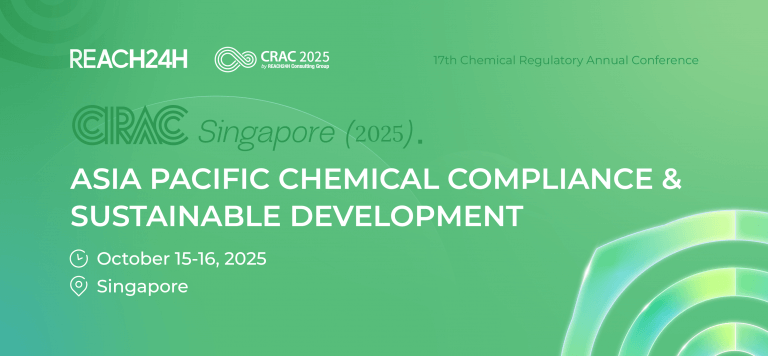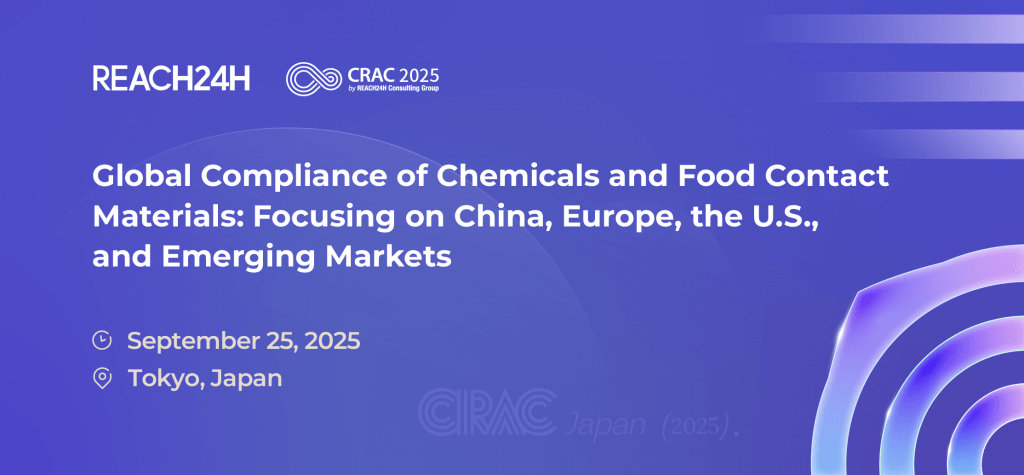Overview
On September 25, 2023, the European Union adopted a new restriction on intentionally added synthetic polymer microparticles (SPM), commonly known as microplastics, marking a significant milestone in environmental policy. This regulation, Commission Regulation (EU) 2023/2055, amended Annex XVII of the REACH Regulation to restrict SPM and products containing them.
The regulation is a complex, phased-in law, not a complete ban. It is part of the EU's broader "Zero Pollution Action Plan," which aims to reduce microplastic emissions by 30% by 2030.1 For chemical companies exporting to the EU, compliance is not optional, requiring not only reassessment of product formulations but also fulfillment of new information and reporting obligations. The first critical deadline is approaching on October 17, 2025, when suppliers of certain microplastics must provide mandatory product information.
This summary provides a concise guide to help you understand if your products are affected and what actions you need to take.
What are the “Restricted Microplastics” under Commission Regulation (EU) 2023/2055?
The microplastics restricted by the regulation are officially defined as “Synthetic Polymer Microparticles” (SPM).5 This definition is highly technical, referring specifically to solid, non-water-soluble (solubility ≤2 g/L), and non-biodegradable synthetic polymer particles.
In terms of size, a restricted SPM must meet one of the following criteria:
Any dimension of the particle is less than or equal to 5 mm.5
For fiber-like particles, the length is less than or equal to 15 mm, with a length-to-diameter ratio greater than 3.5
Furthermore, if the concentration of SPM in a mixture is equal to or greater than 0.01% by weight, that mixture is also restricted.5 It is important to note that for microplastic products that are immediately banned, any stock placed on the market before October 17, 2023, may continue to be sold until it runs out.1
What are the Exemptions?
Even if your product contains SPM, certain exemptions may apply.
Industrial Use: Microplastics used exclusively in industrial settings are exempt from the sales ban but are subject to strict reporting requirements.
Specific Products: Products regulated by other EU laws, such as medicines, food additives, and certain EU fertilizing products, are also exempt to prevent double regulation.
Risk-Controlled Situations: Exemptions are granted if microplastics are permanently contained by technical means (e.g., in a filter cartridge), their physical properties are permanently changed during use (e.g., in paints or nail polish that form a film), or they are permanently incorporated into a solid matrix (e.g., in glues or concrete).
Overview of Microplastic Compliance Obligation
For products that are not immediately banned but are either exempt or have a transitional period, the regulation mandates two main compliance obligations: information requirements and annual reporting.
Information Transfer Obligation
This requires suppliers to provide clear and precise information to their customers to prevent microplastic release.1
Deadline: The first major deadline is October 17, 2025, for suppliers of industrial-use SPM, food additives, and products with risk-controlled exemptions. Suppliers of in vitro diagnostic devices must comply with the obligation before October 17, 2026.
Requirements: Suppliers must provide instructions for use and disposal, a compliance statement, and information on the quantity and identity of the polymers on the product's label, packaging, or Safety Data Sheet (SDS).
Annual Reporting Obligation
Manufacturers, industrial downstream users, and some suppliers must submit annual reports to the European Chemicals Agency (ECHA).1 The report must detail the quantity of microplastics released into the environment, including during transportation.1
Reporting System: All reports must be submitted through ECHA's online IUCLID and REACH-IT systems.2
Deadlines:
May 31, 2026 (for 2025 data): Applies to manufacturers and industrial users of SPM used as plastic manufacturing feedstock (granules, flakes, and powders).
May 31, 2027 (for 2026 data): Applies to other manufacturers, industrial users, and suppliers of exempted or transitional-period products.
Sector-Specific Compliance Roadmap and Obligations
Products with an Immediate Ban (No Transitional Period)
Starting from October 17, 2023, some microplastic-containing products were immediately banned from being placed on the EU market.10 This primarily targets non-essential products that are prone to environmental release, such as loose plastic glitter for arts and crafts or toys.
Industrial Use: Exempt from Ban, but with Many Obligations
Industrial-use SPMs are the only category exempt from the sales ban. In exchange, companies must meet strict information and annual reporting obligations.
Document and Information Updates: Suppliers must provide use and disposal instructions, a compliance statement, quantity/concentration information, and general polymer identity information in their SDS and other documents, starting from October 17, 2025.12
Annual Reporting: SPM manufacturers and industrial downstream users must submit their emission reports for the previous year by May 31, 2026, or May 31, 2027, depending on the SPM's form and use.
For many sectors, the ban is not immediate but is phased in over a number of years, providing a grace period for companies to adapt.
Cosmetics and Personal Care Products
Rinse-off Cosmetics (e.g., scrubs, shower gels): Transitional period until October 17, 2027.
Leave-on Cosmetics (e.g., creams, lotions): Transitional period until October 17, 2029.3
Make-up, Lip, and Nail Products: The longest transitional period, until October 17, 2035.10 However, from October 17, 2031, these products must be labeled with the statement "This product contains microplastics" to continue being sold.10
Encapsulated Fragrances: Transitional period until October 17, 2029.1
Home and Garden Products
Detergents, Waxes, Polishes, and Air Care Products: Transitional period until October 17, 2028.14
Fertilizing Products (not covered by Regulation (EU) 2019/1009): Transitional period until October 17, 2028.14
Plant Protection Products, Seeds, and Biocidal Products: Transitional period until October 17, 2031.14
Other Agricultural and Horticultural Products: Transitional period from 2028 to 2031.
Professional and Special-Use Products
This regulation covers some professional and special-use chemical products.14
Medical Devices: Transitional period until October 17, 2029.14
Synthetic Turf Infill: Transitional period until October 17, 2031.14
Tips from REACH24H: It is important to note that even for products with a transitional period, if their use also meets the conditions for a specific "exemption," companies must fulfill the associated compliance obligations (e.g., information transfer and annual reporting), and these deadlines may be earlier than the sales ban date.
Building a Proactive Compliance Strategy
Given the complexity of the regulation, companies must move from a "wait and see" approach to proactive compliance. Failure to comply can lead to severe consequences, including blocked market access, product recalls, reputational damage, and significant legal penalties.7
How Can REACH24H Help You?
The complexity of this regulation demands a proactive and expert-guided approach. Our team of specialists provides comprehensive services to help you:
Microplastics Compliance and Exemption Assessment: Assess your products to determine if they contain regulated microplastics and identify applicable exemptions.
SDS and Labeling Updates: Update your SDS and labels to meet the mandatory information transmission requirements by the deadlines.
ECHA Dossier Preparation and Submission: Prepare and submit your annual reports to ECHA using the required IUCLID and REACH-IT systems.
Stay ahead of these critical deadlines to ensure uninterrupted market access for your products in the European Union. If you have any questions in this regard, please feel free to contact us at customer@reach24h.com.





